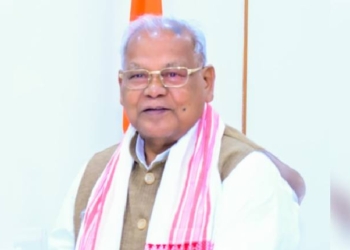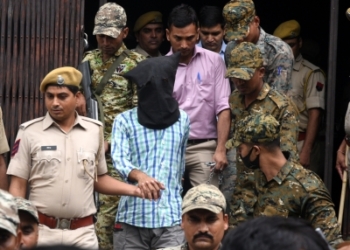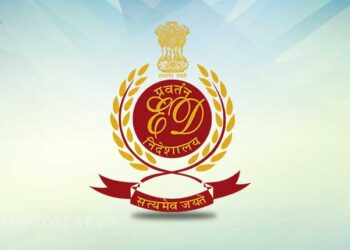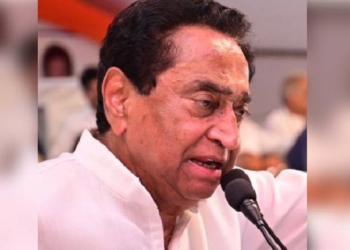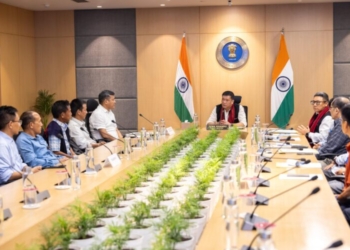In July 2014, V. D. Sharma, who was then general secretary of the BJP’s students wing, the Akhil Bharatiya Vidyarthi Parishad (ABVP), had told the court that Congress leader Digvijaya Singh had accused him of involvement in the multi-layered Vyapam case that came to light in 2013.
As per reports, Sharma had then submitted before the court that Singh had accused him of being a “middleman” in the Vyapam case, which was an attempt to tarnish his image among the people.
Section 500 (punishment for defamation) of the Indian Penal Code invites simple imprisonment for a term which may extend to two years, or with fine, or both. The court has posted the case for trial on July 1.
Sharma is now the state BJP president, who took over from ex-BJP (MP) president Rakesh Singh in February 2020 after the BJP lost the assembly elections in 2018. His two-year tenure is over now, however, he is likely to remain in the post as the central leadership is yet to make any announcement in this regard.
The Vyapam scam is related to the alleged manipulation in the selection process for government colleges and jobs conducted by the then Madhya Pradesh Vyavsayik Pariksha Mandal (Vyapam), a professional exam board.
Last month, a court in Gujarat’s Surat district sentenced Congress leader Rahul Gandhi to two years in jail after convicting him under IPC Sections 499 and 500 (dealing with criminal defamation) in a case filed by BJP MLA Purnesh Modi over Gandhi’s “Modi surname” remark.
Following the verdict, Gandhi, elected to the Lok Sabha from Wayanad in Kerala in 2019, was disqualified as a Member of Parliament under provisions of the Representation of the People Act.
(IANS)





